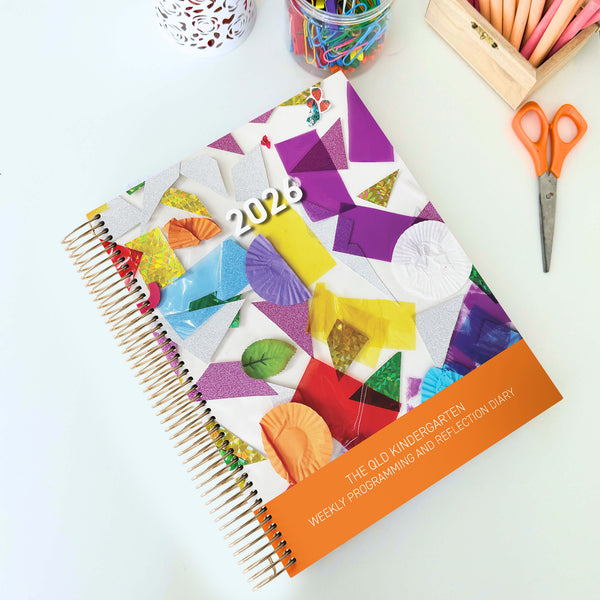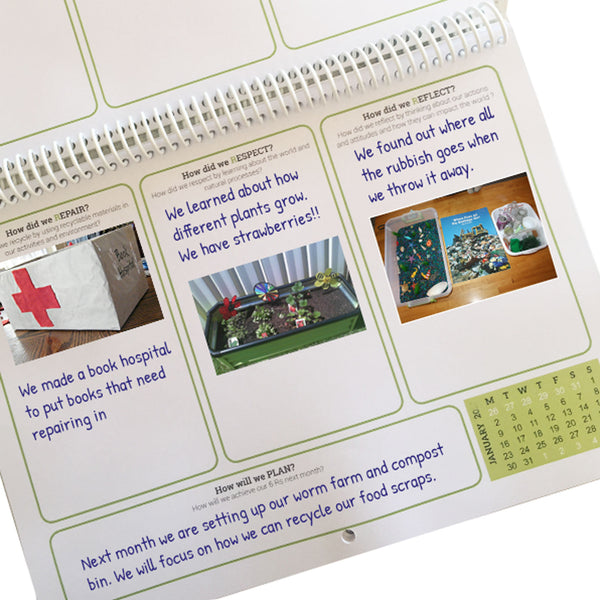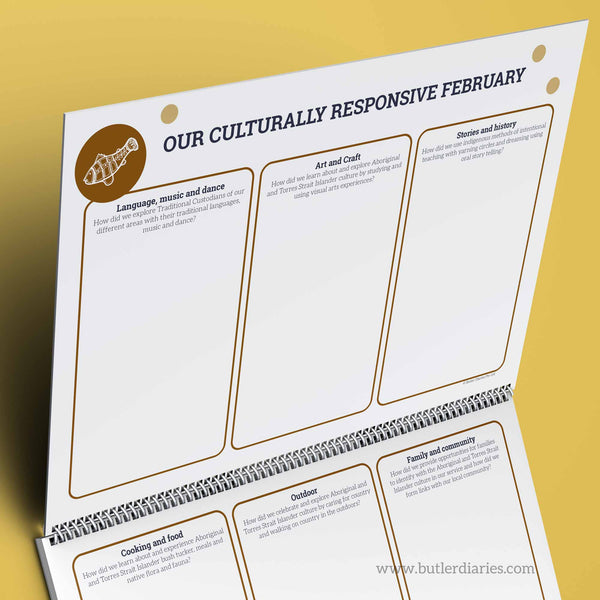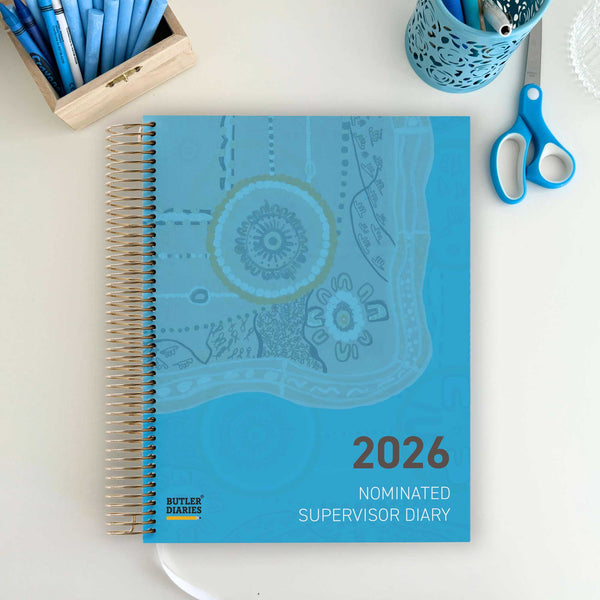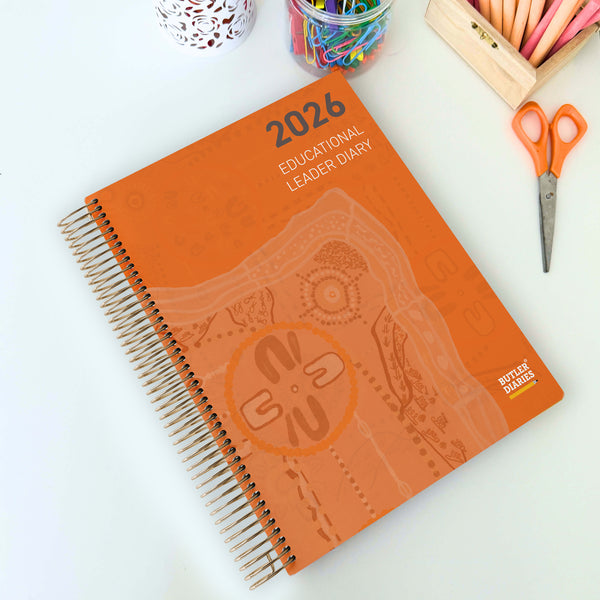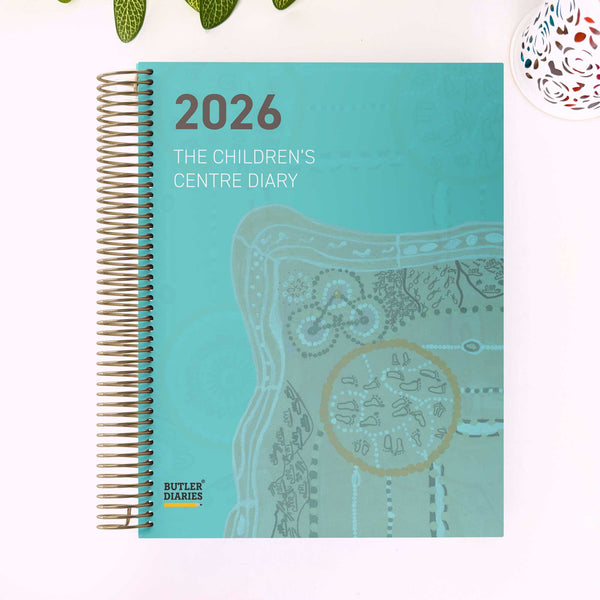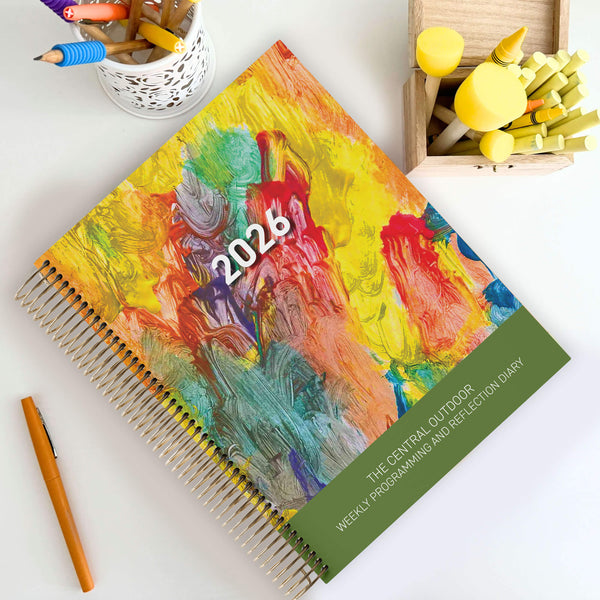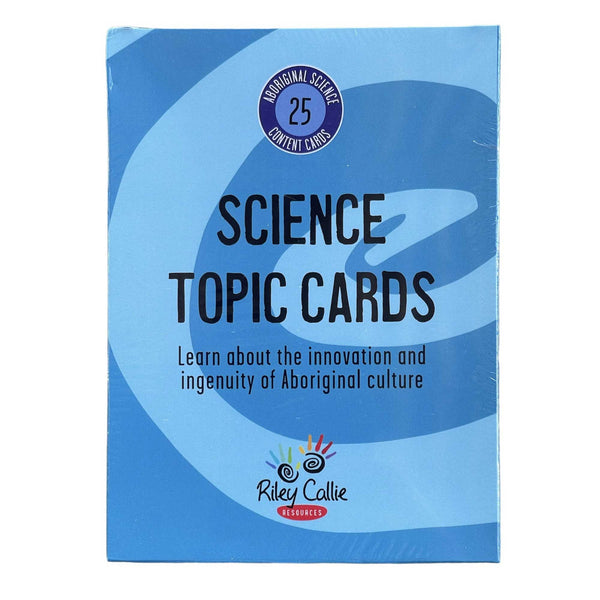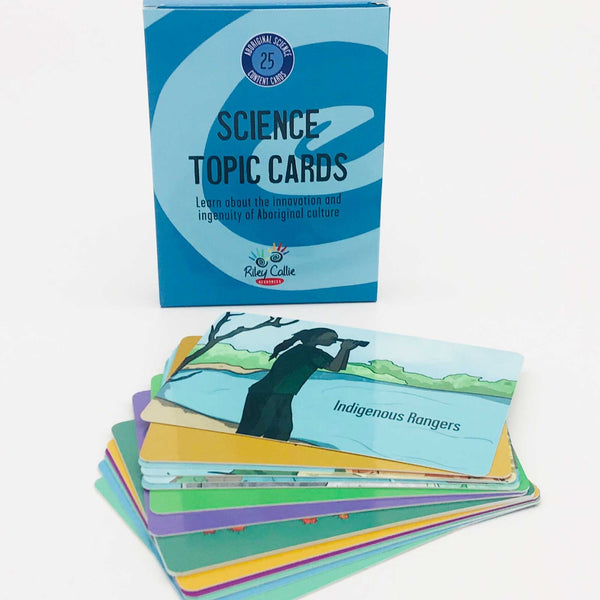Navigating the intricacies of Queensland kindergarten funding is crucial for approved kindergartens to effectively manage resources and provide quality early childhood education. This article aims to demystify the process, detailing when funding is received, how it's accessed, timelines for usage, and permissible expenditures.
When is Queensland Kindergarten Funding Received?
Queensland kindergarten funding is typically allocated annually, with payments disbursed to approved kindergartens in accordance with the state's budgetary cycle. The funding is designed to support operational costs and facilitate the delivery of high-quality early childhood education programs.
How is Queensland Kindergarten Funding Received?
Approved kindergartens receive funding through the Queensland Government's Early Childhood Education and Care (ECEC) Funding Program. The process involves submitting applications and complying with specific eligibility criteria outlined by the Department of Education. Upon approval, funds are allocated directly to the kindergarten's nominated bank account.
Eligibility Criteria
The specific eligibility criteria for Queensland kindergarten funding vary depending on the program and funding stream. However, some common requirements typically include:
-
Approved Provider Status: Kindergartens must be registered as an approved provider with the Queensland Department of Education. This involves meeting specific regulatory standards and compliance requirements.
-
Approved Kindergarten Program: Eligible kindergartens must offer an approved kindergarten program that aligns with Queensland's Early Years Learning Framework (EYLF) and the National Quality Framework (NQF). This ensures that educational programs are of high quality and meet established standards for early childhood education. The QKLG Framework was updated, learn more about these changes.
-
Accredited Educators: Kindergartens must employ qualified and accredited early childhood educators who meet the minimum qualifications and requirements set by the Department of Education. This typically includes holding relevant qualifications in early childhood education and care.
-
Compliance with Regulations: Kindergartens must comply with relevant regulations, including health and safety standards, staffing ratios, and legislative requirements for early childhood education and care services in Queensland.
-
Financial Management: Approved kindergartens are expected to demonstrate sound financial management practices and accountability in the use of public funds. This includes maintaining accurate financial records, adhering to budgetary guidelines, and submitting financial reports as required.
-
Participation in Quality Assurance Processes: Kindergartens may be required to participate in quality assurance processes, such as assessment and rating under the National Quality Standard (NQS). This involves undergoing periodic assessments to evaluate the quality of educational programs, environments, and practices.
-
Community Engagement: Kindergartens may be expected to demonstrate active engagement with families, communities, and stakeholders to promote positive outcomes for children and support inclusive practices.
-
Timeframe: Kindergartens are for 15 hours per week, 40 weeks per year.
It's important for kindergartens to review the specific eligibility criteria outlined by the Queensland Department of Education for each funding program or initiative to ensure compliance and eligibility for funding opportunities.
Timelines for Usage
Funding received through the ECEC Funding Program is subject to specific timelines for expenditure. Kindergartens are required to utilise allocated funds within the designated financial year. This timeframe ensures efficient resource management and adherence to budgetary guidelines.
What Can Queensland Kindergarten Funding be Used On?
Queensland kindergarten funding is intended to support various aspects of operational and educational expenses. Approved kindergartens have flexibility in allocating funds to meet specific needs, including but not limited to:
- Staffing Costs: Funding can be used to cover salaries, wages, and professional development opportunities for qualified educators and support staff.
- Facility Maintenance: Funds may be allocated towards maintaining and upgrading physical infrastructure to create safe and conducive learning environments.
- Administrative Expenses: Funding can be utilised to cover administrative costs associated with program management, compliance, and reporting requirements.
- Professional Support Services: Kindergartens may engage external consultants or specialists to provide additional support in areas such as curriculum development, assessment, and inclusion strategies.
- Learning Resources: Kindergartens can invest in educational materials, equipment, and resources to enhance learning experiences for children. All Butler Diaries resources are covered by Queensland Kindergarten Funding.

Educational Resources Under Queensland Kindergarten Funding
Programming and Reflection
Your funding can be used to improve or develop your programming and reflection. This includes Butler Diaries tools to help simplify and develop Queensland Kindergarten Programs, such as:
- The QLD Kindy Weekly Programming and Reflection Diary that includes the Butler Method of Programming and Reflection. This is a boxed method of programming that includes links to the Queensland Kindergarten Learning Guidelines and reflection prompts to promote an ongoing cycle of planning.
- Our Special Interest Calendars, like our Sustainable and Cultural Calendars are also covered by the Queensland Kindergarten Funding and support you to highlight key themes in your program.
- We know you also have a full mind and keeping your program creative and interesting can be a challenge. We have stocked and developed a range of Educational Prompt Cards that are the perfect program sidekick. They include a range of creative activities that promote QKLG learning and of course, instructions on how to execute them. A great example is Butler Diaries Sustainable Educational Program Cards and The Play Card's Sensory Play Recipe, Silent Assassin and Supermarket Science Program Cards.

Compliance and Leadership Support
Are you a Queensland Kindergarten teacher who also wears other hats such as Educational Leader, Admin, 2iC or Nominated Supervisor?
- Our Leadership Diaries are designed to support you in your role and are covered under your Queensland Kindergarten Funding. Depending on your role, the Children's Centre Diary, Educational Leader Diary or Nominated Supervisor Diary might be right for you.
- The Exceeding Guidance for the National Quality Standard: Evidence Summary is also a great compliance tool to help you succeed at succeeding NQS with helpful support and records.

Educational Games and Activities
We have a range of fantastic educational games and activities to promote QKLG and meet your requirements under Queensland Kindergarten Funding.
- Wellbeing is LO3 of the QKLG and a great way to foster this learning is through Yoga. Our Early Childhood Wellbeing Kit and Yoga Stories make amazing programmed experiences to foster QKLG LO3.
- We also stock a range of Indigenous Resources created by the wonderful Riley Callie. Check out the Aboriginal Science Topic Cards, Aboriginal Tools Memory Game, IndigiSTEM Resource Kit, and more.

Compliance and Accountability
While kindergartens have autonomy in budgetary decisions, they are obligated to adhere to regulatory frameworks and reporting obligations set forth by the Department of Education. This includes maintaining accurate financial records, submitting expenditure reports, and participating in audits or reviews to ensure transparency and accountability in the use of public funds.
Navigating Queensland kindergarten funding requires a nuanced understanding of processes, timelines, and permissible expenditures. By adhering to regulatory guidelines and leveraging funding effectively, approved kindergartens can sustainably deliver high-quality early childhood education programs that benefit children, families, and communities across Queensland. You can find more information on Kindergarten funding here.









